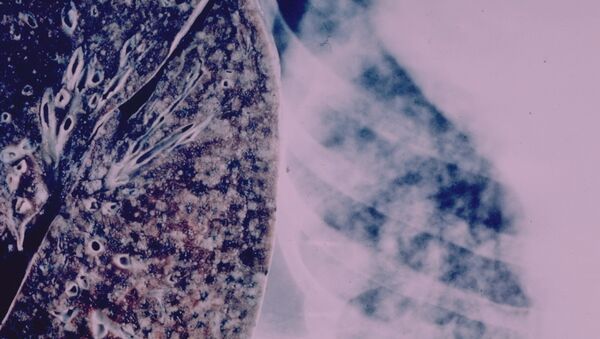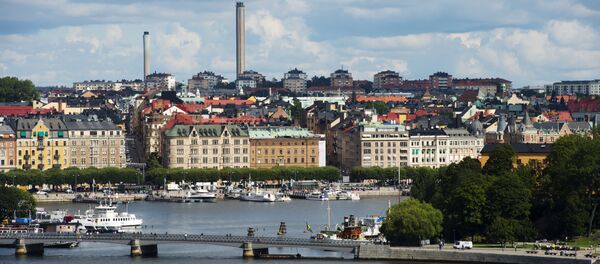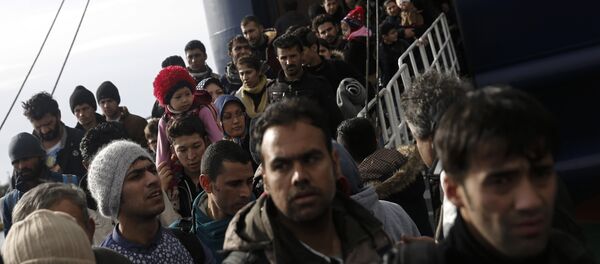Throughout last year, Malmö received 14,500 unaccompanied refugee children out of 163,000 foreigners who sought asylum in Sweden. According to Vladana Andersson of the social resource management, many of them were physically impaired or sick.
"Last fall, we kept receiving hundreds of children a day. Among them were many who had active tuberculosis. Others had scabies, hepatitis or shrapnel in their bodies. We also had several children with malaria," Andersson told Sydsvenskan.
According to Andersson, Malmö authorities offer staff at refugee accommodations free vaccination against tuberculosis and hepatitis A and B, at the same time citing vaccine shortages which pose extra problems.
The largest increase in tuberculosis among native Swedes occurred in the age bracket 80 and higher. According to physicians, this may be the case of "old" TB becoming active after lying dormant for several decades.
Tuberculosis is a highly infectious disease that mainly affects the lungs, but can also affect other internal organs. The disease is caused by tuberculosis bacteria which are spread in the air by coughing. Most people who get infected do not become actively sick, but carry latent tuberculosis without evident symptoms. The latent or dormant stadium is not contagious.
"However, the latent disease can turn into an active and contagious phase anytime," infectious disease physician Håkan Miörner told Sydsvenskan.
Both active and dormant tuberculosis are treated with antibiotics. However, there occur antibiotic-resistant forms of tuberculosis, where standard treatment proves ineffective.
Each year, at least nine million people contract tuberculosis and two million die. Classic symptoms of TB include fever, night sweats, weight loss and fatigue. For pulmonary tuberculosis the telltale symptom is persistent coughing of phlegm and blood.





